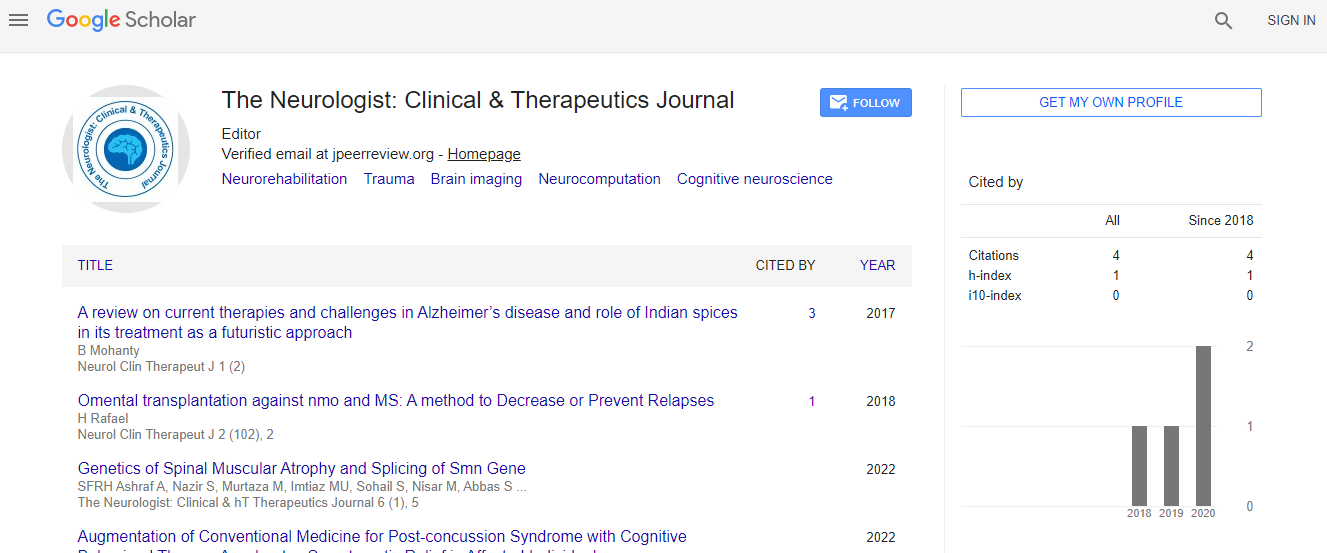Clinical Implementations of Neuromodulation: rTMS For the Treatment of Depression
*Corresponding Author:
Copyright: © 2020 . This is an open-access article distributed under the terms of the Creative Commons Attribution License, which permits unrestricted use, distribution, and reproduction in any medium, provided the original author and source are credited.
Abstract
Introduction:
Repetitive Transcranial Magnetic Stimulation (rTMS) is becoming an increasingly popular treatment for individuals suffering with severe clinical depression. rTMS uses a magnetic field to alter the electrical signals within the brain. The evidence suggests that individuals with depression show a decreased activity within the dorsolateral prefrontal cortex (DLPFC). High frequency stimulation of this region has shown to significantly reduce depressive symptoms whilst having the benefit of a non-invasive and generally side effect free treatment. We have conducted an internal audit of rTMS patients experiencing depressive symptoms; collating the overall effect of the treatment.
Conclusion:
Analysis of data included 4 time points which did not meet statistical parametric assumptions. This warranted the use of using Spearman’s rho for looking at correlations between week 1 and week 4. The correlation between week 1 and week 4 was found to be statistically significant. In addition, there was a significant effect found for reductions in BDI scores.
The effects of rTMS displayed significant reductions (>50%) in BDI scores attributed to a decrease in depressive symptoms. The research identified the majority of participants transitioned from severe clinical to mild depressive symptoms. rTMS was found to be most effective in adults aged 20-30, however contrary to previous research, rTMS showed strong efficacy for older age adults. There were no significant relationships found between rTMS with ethnic background, number of previous treatments, or clinical depressive classification; with the treatment being equally effective for both genders.

